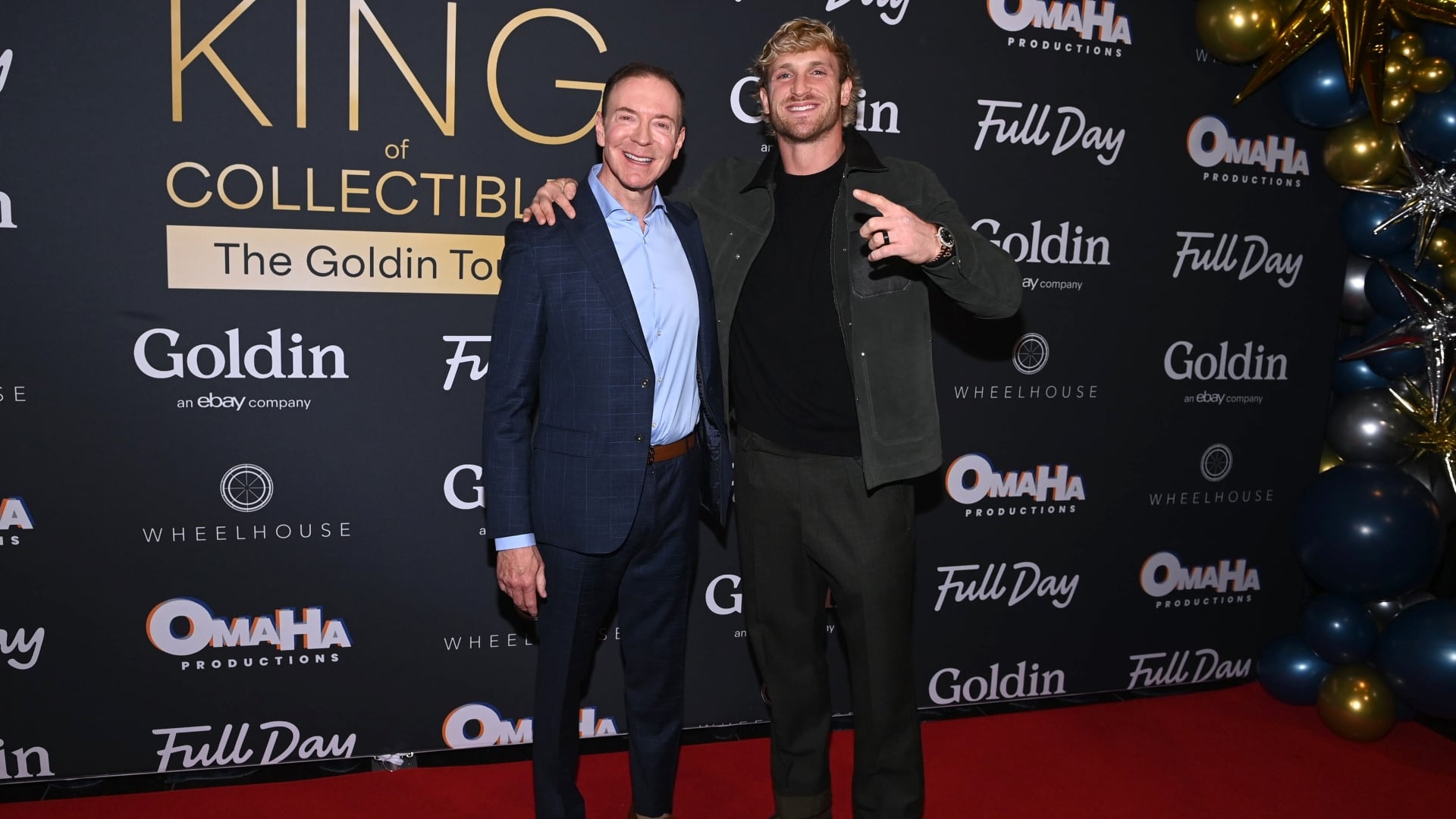*By Carlo Versano* After packing up its plans to open a new campus in New York City, is it possible Amazon will cross the river and set up shop in Newark, N.J.? That city is holding out hope that Amazon's exodus from New York doesn't mean that it's done expanding in the region. Aisha Glover, president and CEO of the Newark Alliance, told Cheddar on Tuesday that her job is to "gently nudge them and remind them that Newark is still there." Amazon ($AMZN) is no stranger to Newark. Audible, the audiobook giant that Amazon purchased more than a decade ago, calls Newark home and recently expanded its operations there. Once [considered](http://connection.ebscohost.com/c/articles/9612303858/americas-safest-city-amherst-n-y-most-dangerous-newark-n-j) the most dangerous city in the country, and among the most corrupt, Newark's economic development arm has succeeded in helping to turn the city into a business hub. In addition to Audible, PSEG, Panasonic, Prudential, and IDT all have major hubs in town. While Amazon has said it plans to focus on its forthcoming expansions in Virginia and Nashville, Glover said she suspects the company will still want to expand operations in or around New York in order to tap into the city's large and diverse talent pool. (Indeed, Amazon is still growing its NYC workforce even after killing the HQ2 project.) Glover said Newark is well positioned to benefit, given its proximity to Manhattan, public transit, and lower cost of living and real estate. In its original bid for HQ2, Newark was proactive about gathering community feedback for its proposal before it was submitted. That helped to "bake in"any complaints or concerns raised by locals about the deal ー unlike what happened in New York, where the bidding process was more opaque. Even if Amazon demurs on a Newark campus, Glover said the city's economic development strategy should be considered a model for how cities recruit large corporations in an era of widening inequality and gentrification concerns. For now, it's back to work, she said. "Then trying to identify the next Amazon." For full interview [click here](https://cheddar.com/videos/after-new-york-city-fiasco-newark-is-still-courting-amazon).












